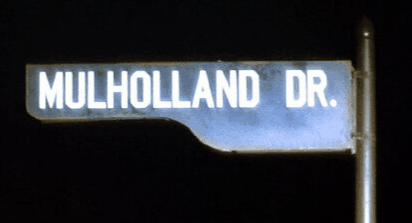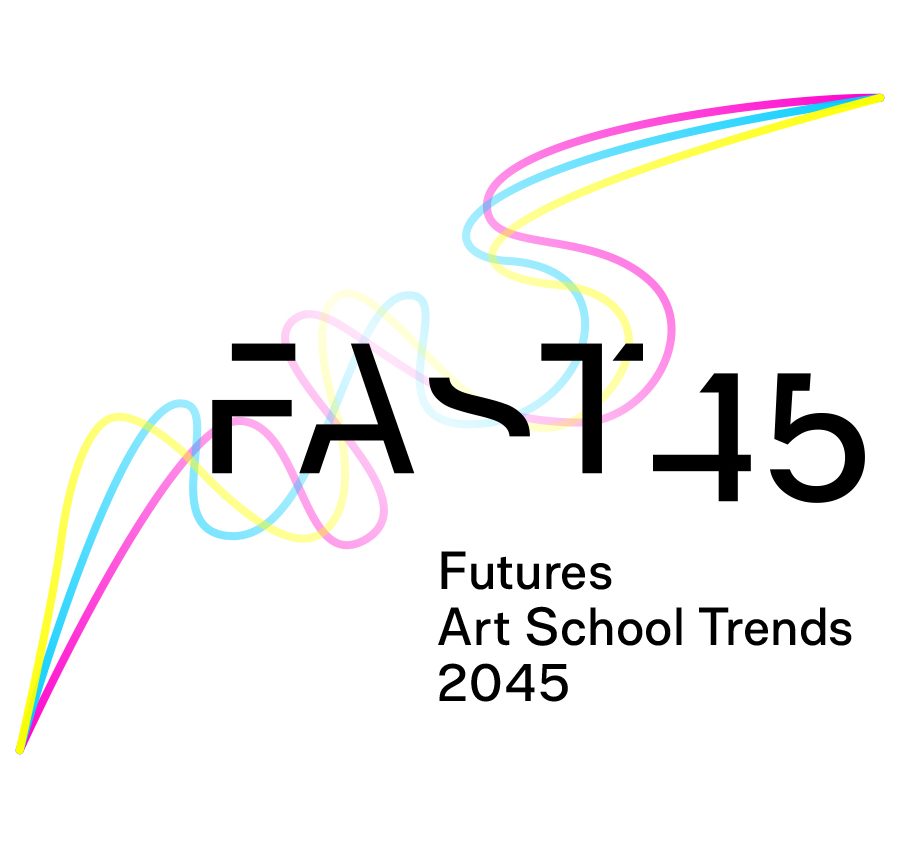
Futures Art School Trends 2045
Introduction
In 2045 the world as we know it will look very different. Although we cannot predict the future, we can shape it. FAST45 (Futures Art School Trends 2045) recognises the potential of the creativity and imaginative thinking nurtured and developed at art schools. Together with the drive for innovation in society at large, this has inspired key players from higher arts education and business to join forces. The aim is to imagine and promote a future in which the arts and arts education play an integral role in a world radically reshaped by the 4th industrial revolution, globalisation and climate change.
FAST45 AIMS & OBJECTIVES
Taking a futures studies approach, the FAST45 project aims to imagine, map and shape a higher arts education landscape where participation, research, and education in the arts play a crucial and integrated role within the sector and society as a whole.
FAST45 aims to collect knowledge, create and test new methodologies and implement them as part of Art School Futures Labs. Educators, researchers, students and business professionals together, are in the process of creating scenarios with the aim to operationalise them in policy papers, long-term collaborations and valuable tools that will empower arts institutions to not only anticipate an unknown future, but to actively shape it.
FAST45 March 25th 2022 11:00-13:00 GMT
Prof. Neil Mulholland
Lecture Recording will be avaible here: https://fast45.eu/art-school-futures/workshop-with-the-management-team-of-luca
The open practices I will outline draw on my work as founder of Shift/Work since 2010 and the scholarship of teaching and learning (SoTL) that emerged from this in my book Re-imagining the Art School: Paragogy and Artistic Learning (London: Palgrave, 2009).
Might embracing the Open Paradigm’s vision of education as a human right better equip formal art education organisations – such as art schools, workshops and galleries – to fulfil UNESCO’s right to participate in cultural life? What happens when artistic learners deliberately engage with emerging educational practices such as the open paradigm (Winn 2015), paragogy (Corneli 2011, 2016) and para-academia (Wardrop 2014)? To partly address these question, I will reflect on an open course I co-create with my colleagues Dr Jake Watts, Emma Balkind and Beth Dynowski.
Contemporary Art & Open Learning (2020-) is an open educational resource that enables artistic learners to peer-produce, codify and share their own learning practices. Our OER practises a range of open and peer-based theories of learning and knowledge production to extend open access beyond the communal Third Places (Oldenburg 1999) frequently produced by artists. In particular, it experiments with ‘paragogics’, learning principles that offer a flexible framework for peer learning adaptable to any given context.
- Mulholland, N., Watts, J., Balkind, E. Dynowski, B., Contemporary Art & Open Learning (2020-). blogs.ed.ac.uk/macat/contemporary-art-open-learning-course-handbook-semester-1
- Corneli, J. and C. J. Danoff (2011). “Synergising Individual Organisational Learning.” Wikiversity.
- Wardrop, A. W., Deborah (eds). (2014). The Para-Academic Handbook: A Toolkit For Making-Learning-Creating-Acting. Bristol, England, HammerOn Press.
- Oldenburg, R. (1999). The Great Good Place: Cafés, Coffee Shops, Bookstores, Bars, Hair Salons, and other Hangouts At The Heart of a Community. New York, Da Capo Press.




